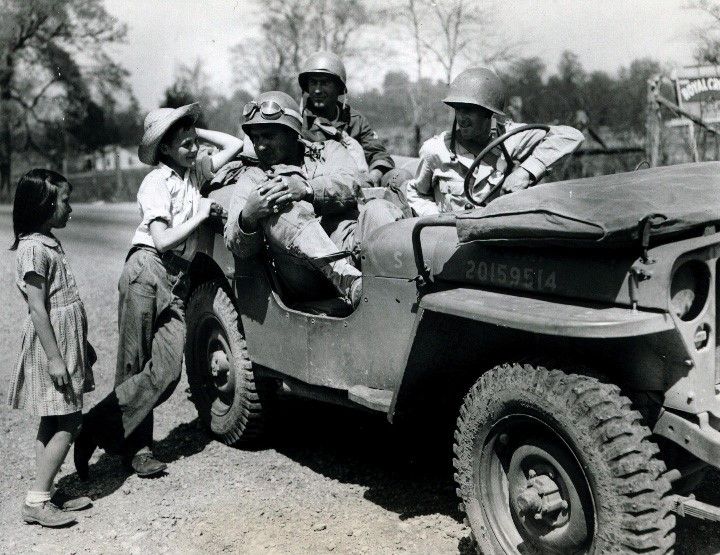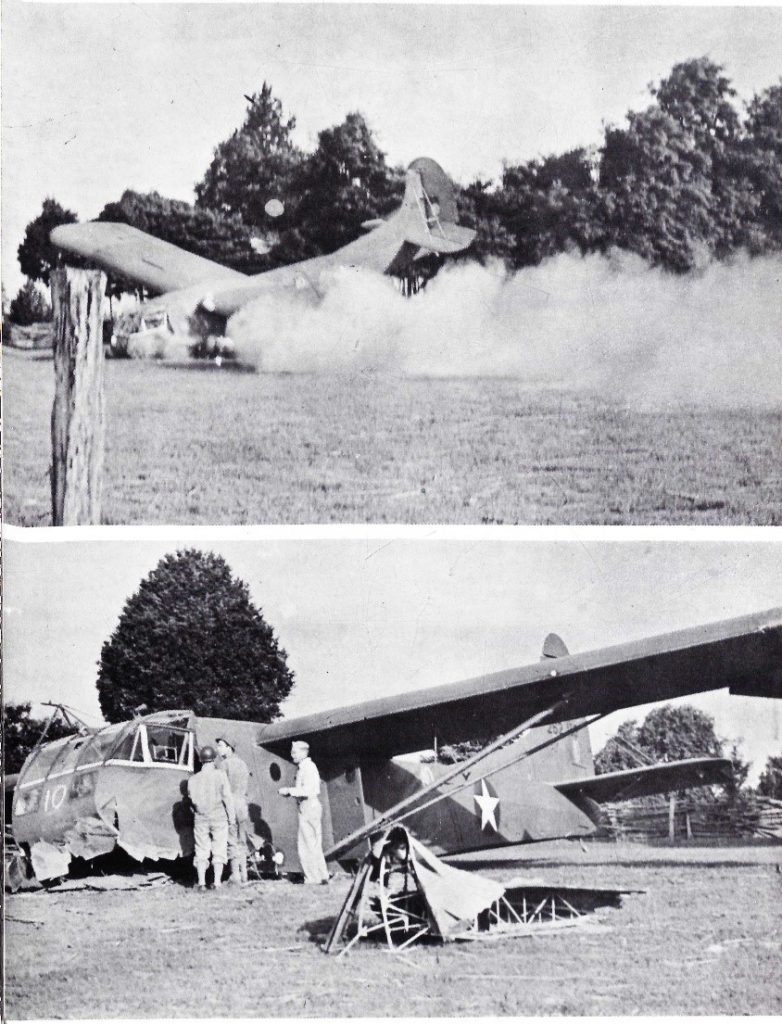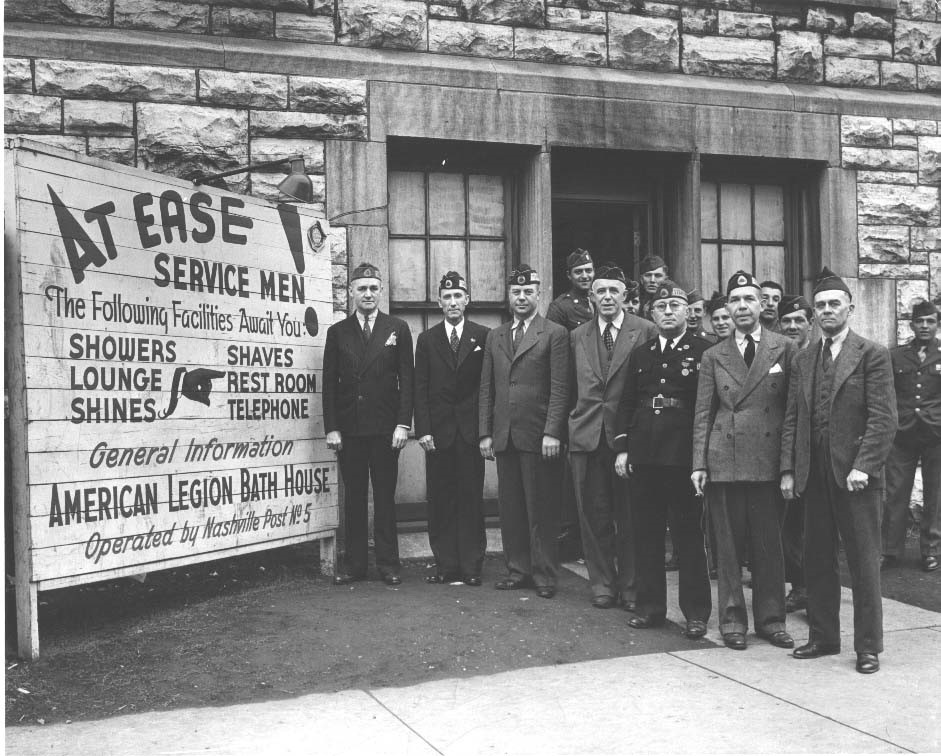The Unsung Heroes of the Maneuvers: Civilian Support and Cooperation

When people talk about the Tennessee Maneuvers of World War II, the conversation usually turns to tanks, soldiers, and military strategy. We picture dusty backroads, roaring engines, and columns of troops training for war.
But there’s another side to this story—one that rarely gets told. It’s the story of the local civilians whose land, generosity, and spirit made those maneuvers possible.
A Massive Military Effort Across Middle Tennessee

From 1941 to 1944, the Tennessee Maneuvers transformed 21 counties in Middle Tennessee into one of the largest military training grounds in American history. Thousands of soldiers arrived almost overnight, ready to practice large-scale operations before heading overseas.
To do that, they needed open space—fields, forests, and farmlands—and most of it was privately owned.
You might think those landowners were forced to give up their property. But in truth, most said yes willingly. Many even felt proud to contribute. That spirit of cooperation says a lot about the character of the people of this region.
Hospitality Beyond Duty
The people of Middle Tennessee didn’t just lend their land—they opened their hearts. Families invited soldiers to dinner. Barns became makeshift barracks. Kids followed troops down the road, trading wide-eyed curiosity for sticks of gum and bits of candy.
There are stories of soldiers fixing fences after training mishaps, helping farmers with chores, and even delivering calves in the middle of the night. These weren’t acts of obligation; they were gestures of community.
My own grandmother used to talk about the sound of boots on gravel and the sight of jeeps rumbling by. She’d say, “They were young boys far from home. The least we could do was feed them.”
Building Bonds Between Soldiers and Civilians

Those everyday interactions built something profound—trust, friendship, and a shared sense of purpose. Yes, there were broken fences and trampled crops, but most folks took it in stride. They understood the bigger picture.
This wasn’t just military training—it was preparation for a war that would determine the fate of the world. Many families already had sons and brothers fighting overseas. Letting the Army use their land felt like the least they could do to help.
And the soldiers never forgot. Some wrote letters home about the kindness they experienced. Others returned after the war to visit—and a few even married local girls. One of my favorite stories is of a young soldier who met a farmer’s daughter at a barn dance. Years later, he came back for her. They were married for fifty years.
Honoring the Legacy: The Smith County Historical and Tactical Society
That’s why I started the Smith County Historical and Tactical Society (SCHTS)—to honor those unsung heroes. We collect stories, photos, letters, and memories that capture what life was like on the home front during the maneuvers.
What began with a few interviews and borrowed uniforms at the county fair has grown into annual events, educational programs, and living history reenactments. Our focus is simple: to remember what happened off the battlefield—between soldiers and civilians.
Quiet Cooperation, Lasting Impact
Too often, history celebrates only the loud and the dramatic. But the quiet acts of cooperation and kindness during the Tennessee Maneuvers mattered just as much. They made training possible. They built bridges between communities and the military. And in their own humble way, they helped shape victory.
There’s no movie about the woman who let 200 soldiers march through her garden. But that woman mattered. Her story matters.
So next time you drive through Middle Tennessee and see an open field, remember—it might once have been a training ground where a local family said, “Yes, you can use it.”
That simple yes helped prepare America for war. That spirit of generosity helped change the course of history.
At SCHTS, we’ll keep telling these stories. Because history isn’t just about what happened—it’s about who made it happen. And many of those heroes didn’t wear uniforms.
They were farmers, shopkeepers, schoolchildren—and neighbors.
And they were heroes, too.
Reference – State Archives
Civilian Support in WWII, Middle Tennessee, Tennessee Maneuvers, World War II History
